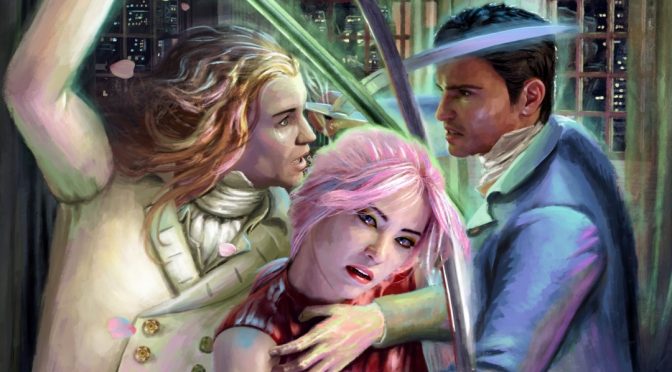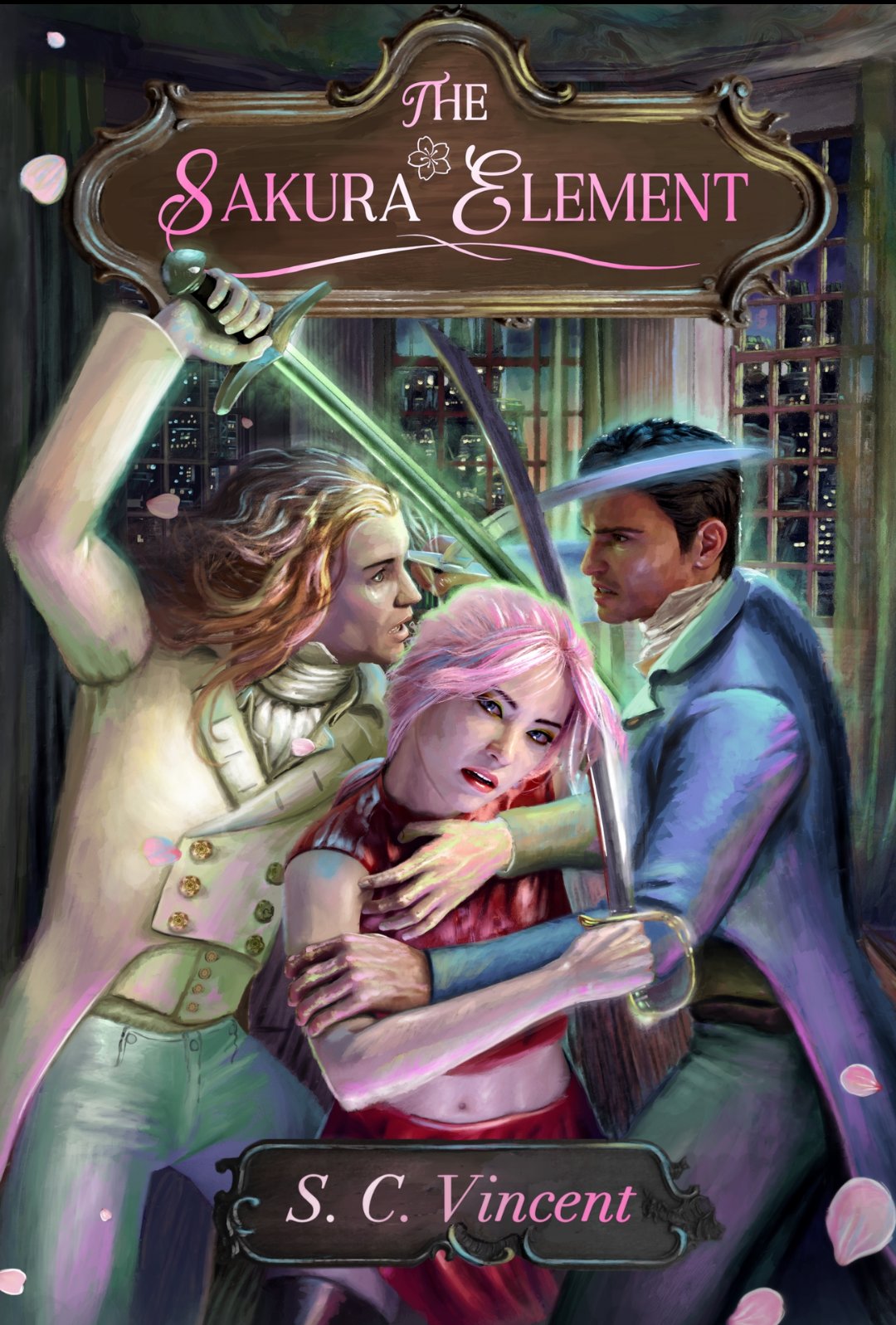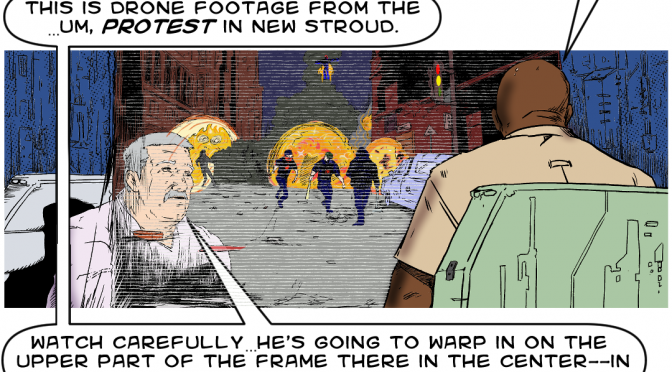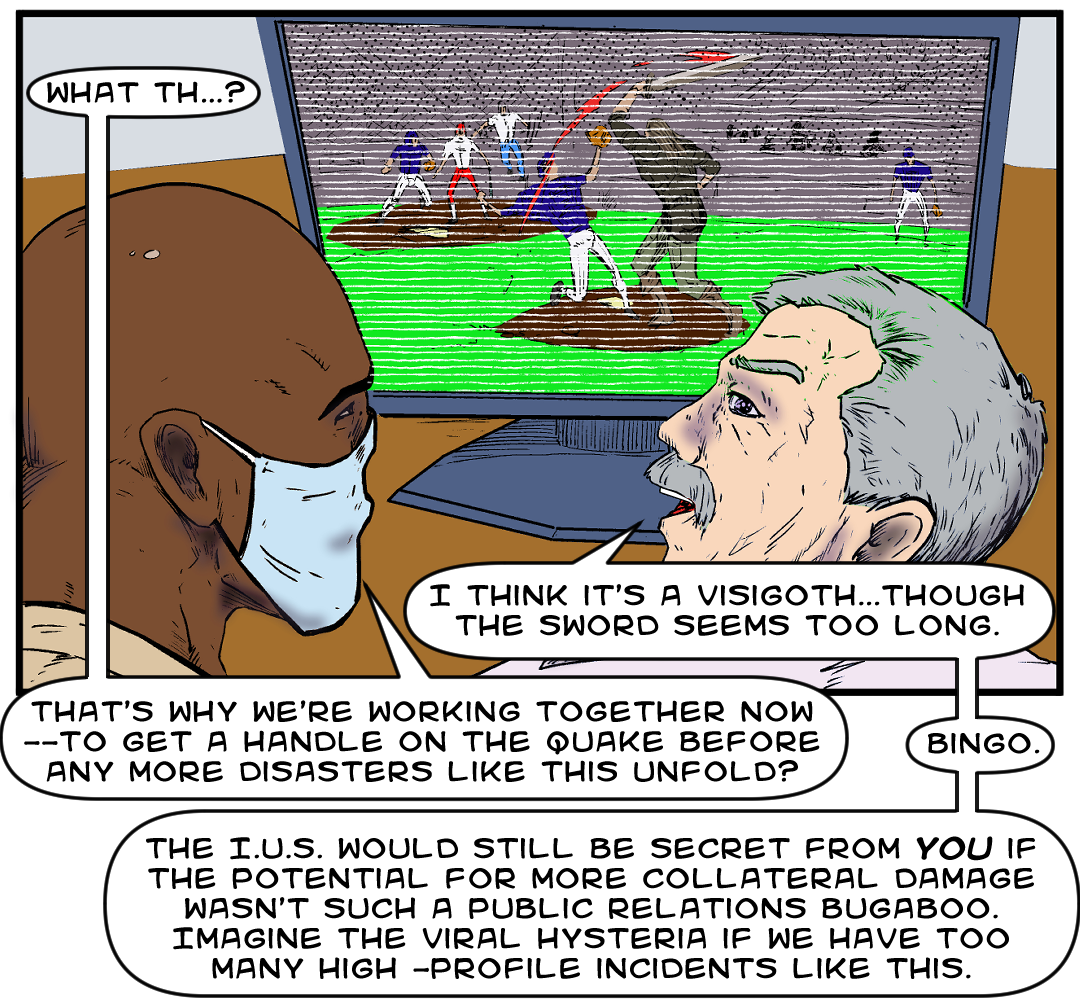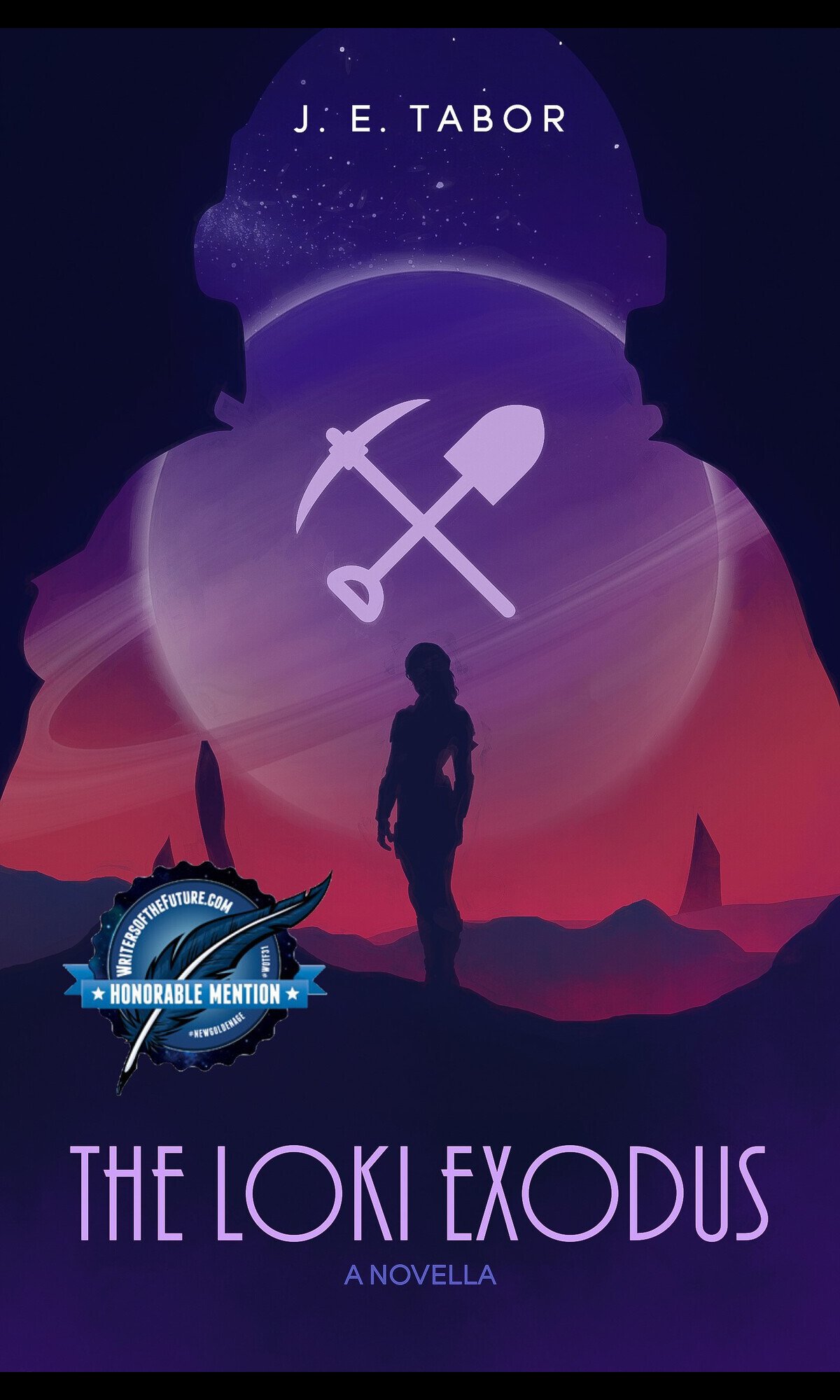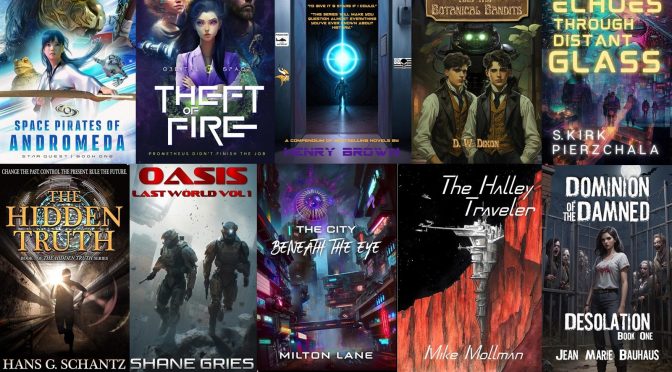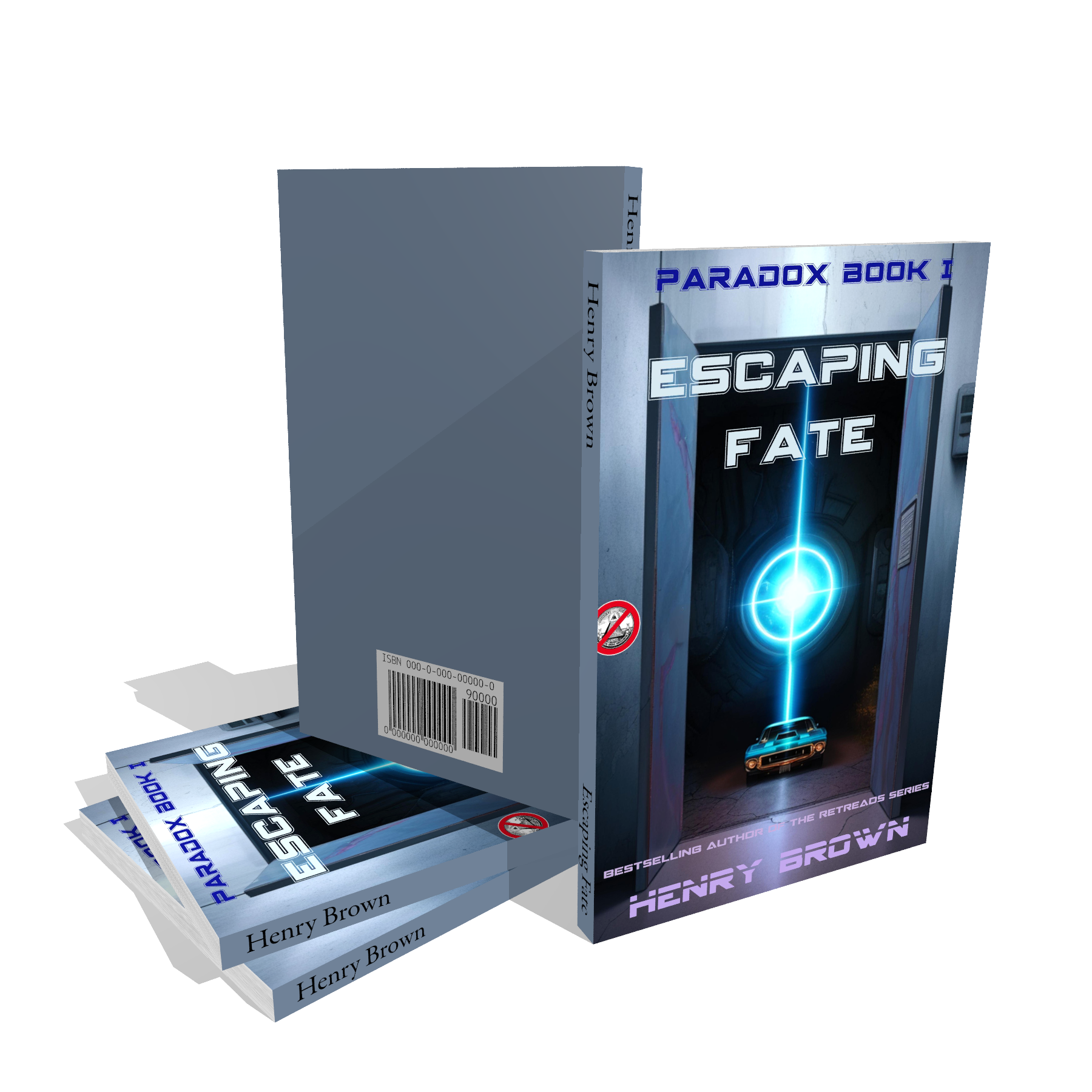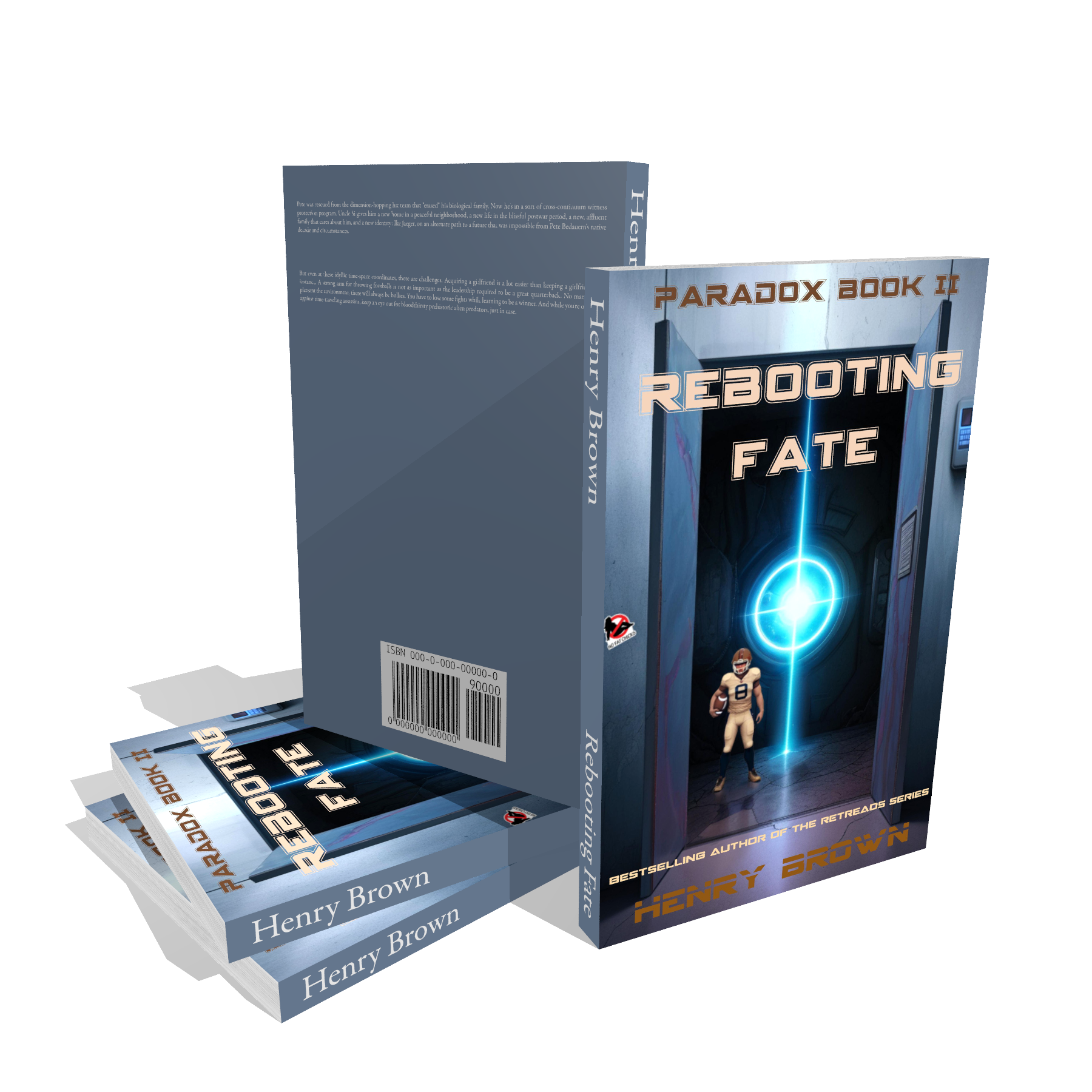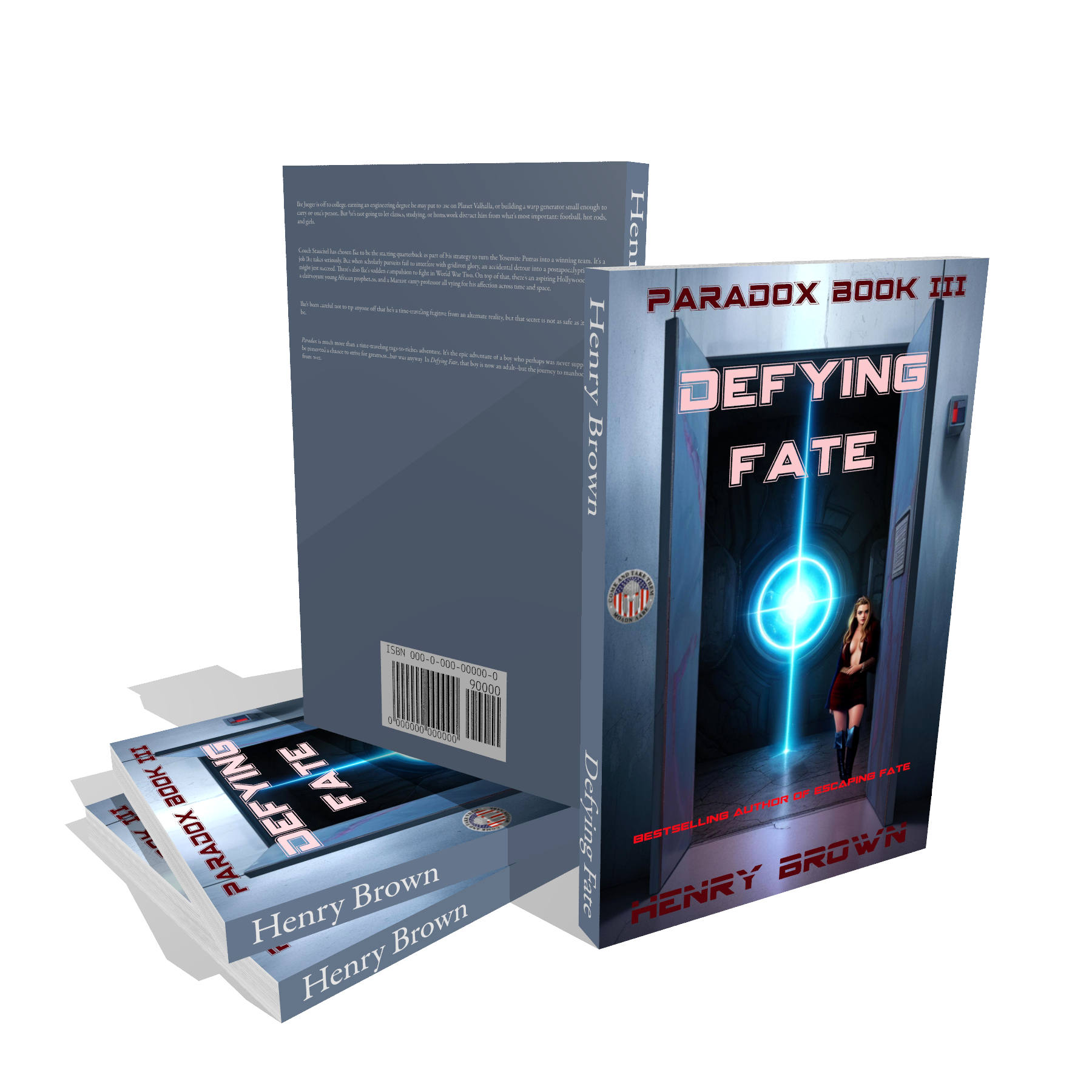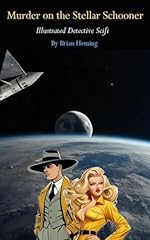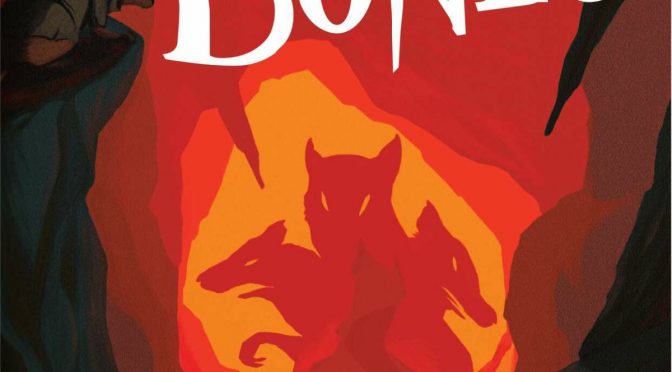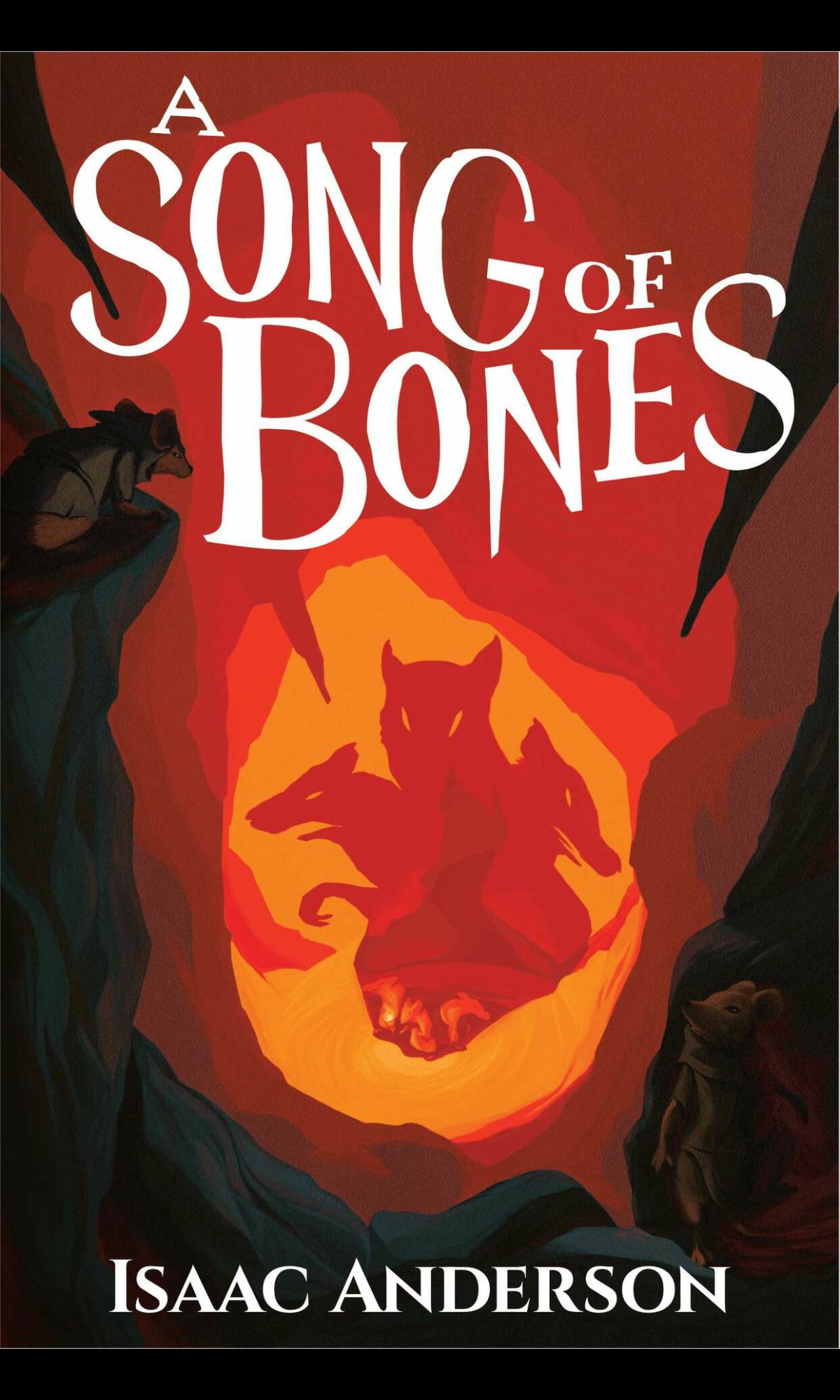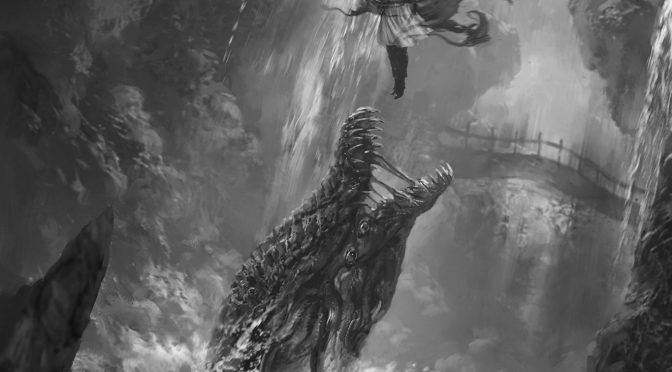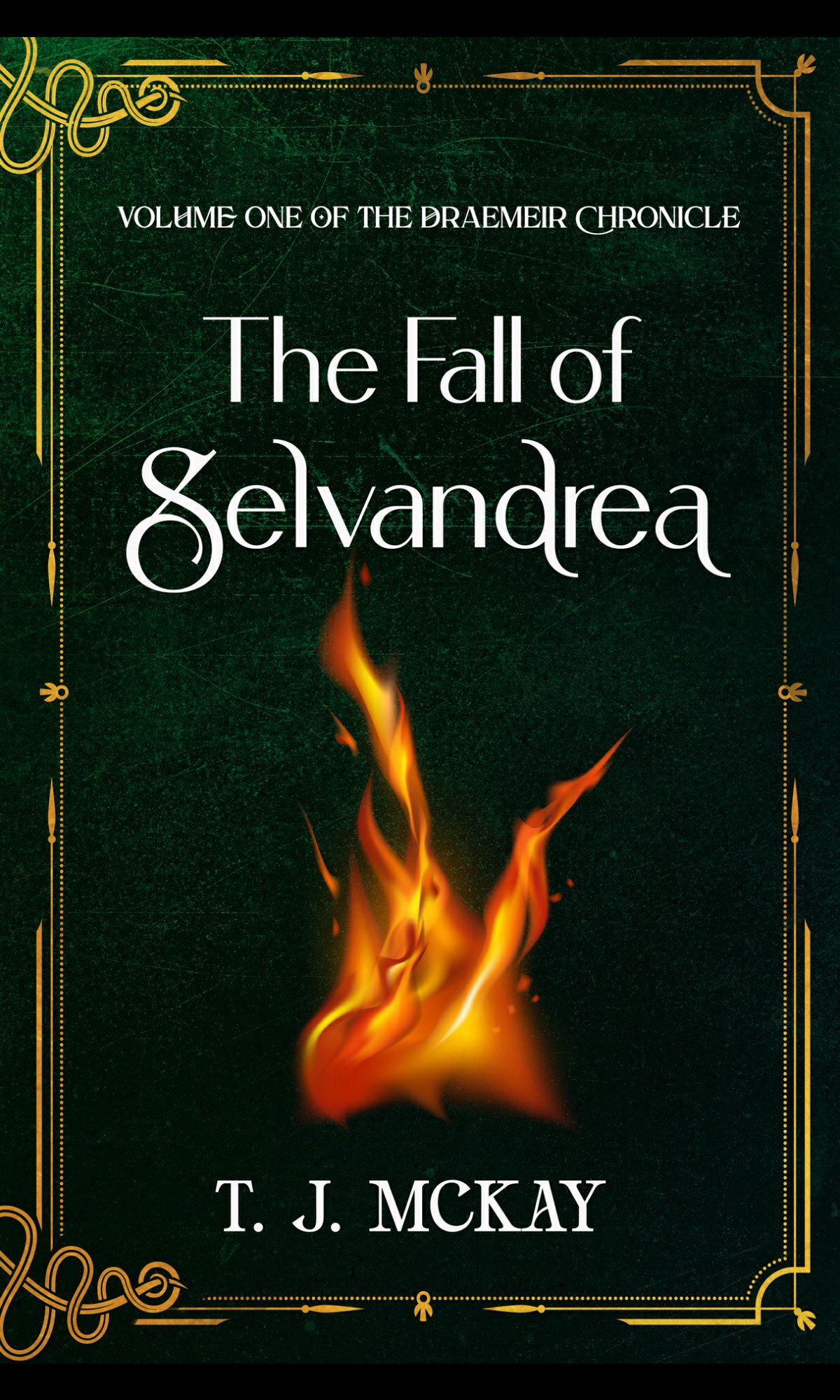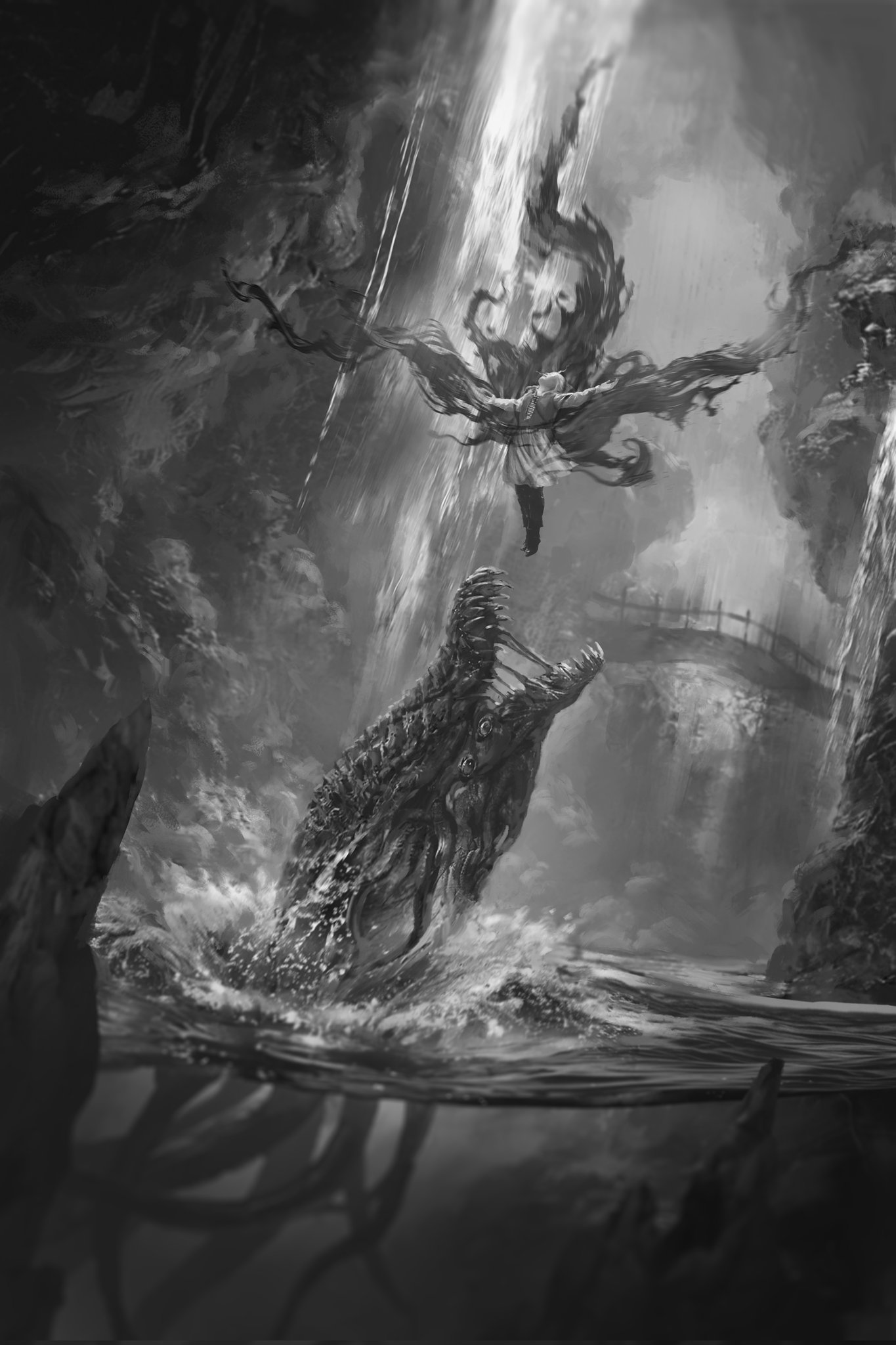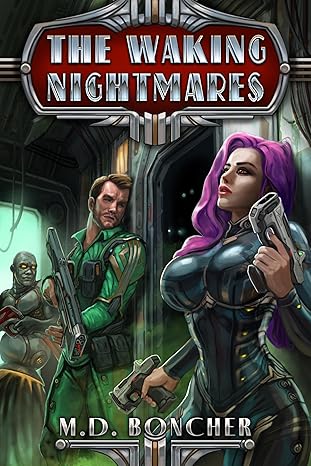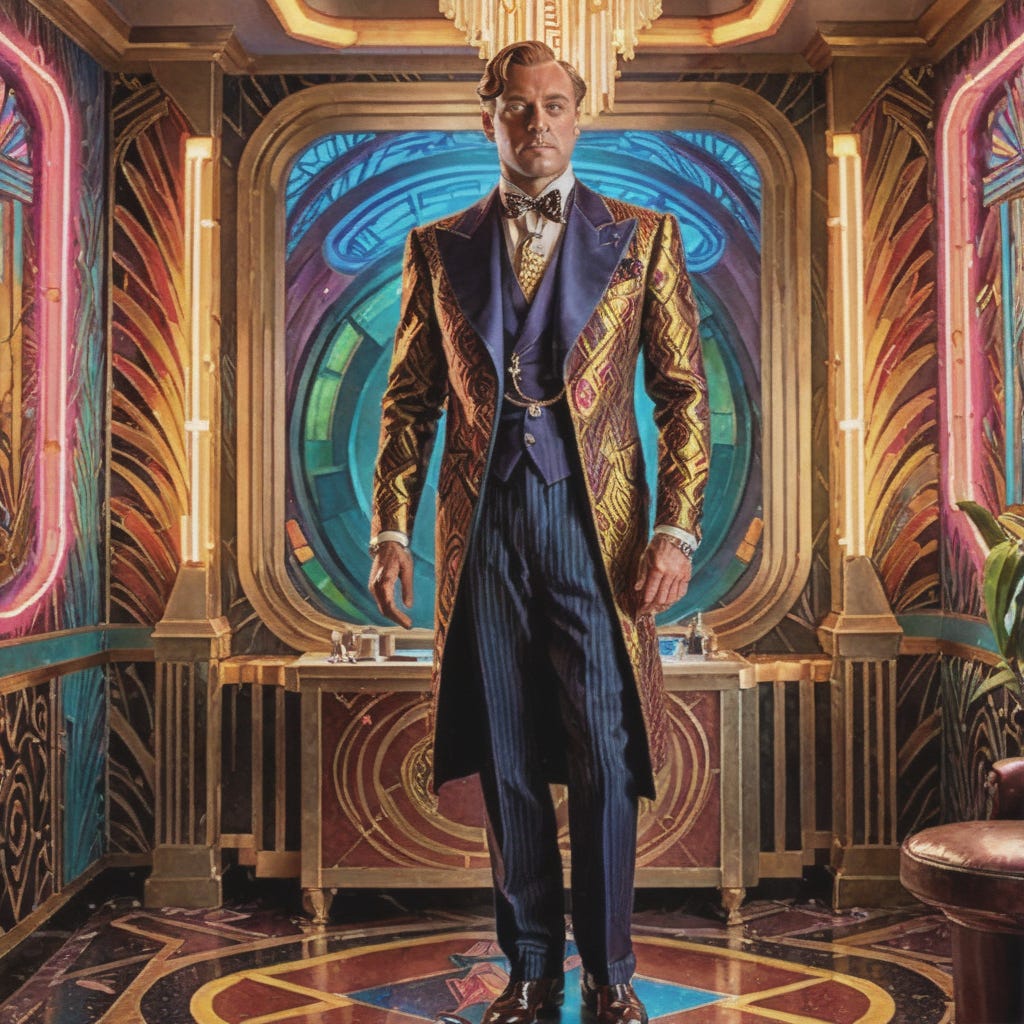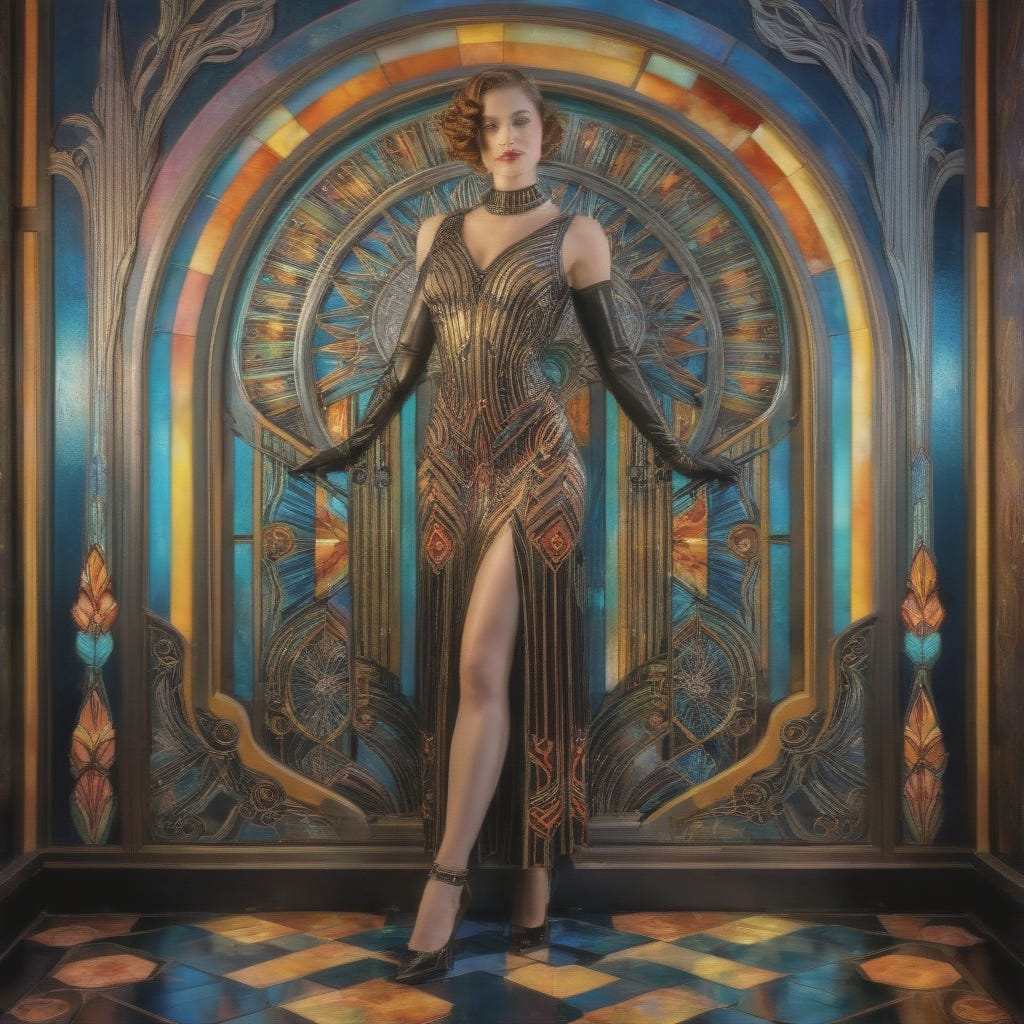A Crack in the World
By James Mordechai
A review by INFAMOUS🦀
This next book we are going to look at was of particular intrigue for me personally because of its premise. Once I started to flip through pages I quickly realized this was one of those rare indie works that instantly comes across as very professionally put together, competent, and well-thought out. In that sense, it reminded me of titles such as Bridgehouse by J. Sebastian King or The Hand of God by Yuval Kordov—though the genre in this case is not sci-fi but dark fantasy, rather.
MAGIC/THE OCCULT:
When we talk about fiction novels, we might find ourselves dealing with 1) ‘pure fantasy’ novels or 2) novels specifically centered around ‘the occult’. It’s important not to confuse the two.
In pure fantasy, the writer can have total creative freedom and can make up any and all fantastic or magic-based concepts they so choose for the sake of producing a good story.
The occult is trickier, though, and in many aspects more challenging, because it is based on facts and historical data: real historical characters and real historical events. Occultism is real and has been practiced for a long time in many civilizations and across many nations all around the world.
A Crack in the World centers around the occult and I am happy to report that the author has done a stellar job in staying true to the history and the reality of it all. This is crucial in any story claiming to deal with the occult and its practices. There is too much history and too much lore on this subject to deny it or to try to make up something that departs from it, or else we would just fall back into the ‘pure fantasy’ genre.
PLOT:
The story revolves around the adventures of two members of the RPI, the Royal Paranormal Institute of London: Gino and Carter.
Gino is a qualified occultist following in the footsteps of his late father, also a former Italian occultist who had relocated to the UK after WWII. Carter is an agent of the British police force who had taken a job at the RPI a few years back basically to be Gino’s bodyguard, in a nutshell, and has zero experience or knowledge of the occultic practices.
When a few entire towns begin to mysteriously disappear into thin air, Gino and Carter are assigned to the task of solving this big mystery which is obviously stemming from occult activities.
SHERLOCK HOLMES AND DR. WATSON?
The synergy between the two main characters, Gino and Carter, can be easily compared to some degree to that of Sherlock and Watson, or also to that of Poirot and Hastings. Here you have two individuals who could not be more opposite in personalities and perspectives, yet must work together to solve a mystery. One is the ‘scalpel’ while the other one is the ‘power drill’ – metaphorically speaking. One is fine-tuned to those supernatural activities which are far removed from the realm of the rational mind, whereas the other is a skeptic through and through, and only believes in what he can see.
Their relationship offers grounds for some comedic relief of course, but also for a real friendship and brotherly love to develop. There is never a dull moment with these two. What a stellar job by the author in fine-tuning the back-and-forths these two main characters engage in throughout the story, with just enough humor.
HISTORICAL ACCOUNTS:
Going back to the historical accuracy presented in the book: particularly when it comes to the history of the occult during the period of the events of WWII in Europe, the author is able to insert his narrative flawlessly, and that takes some skills. We learn how the Axis wanted to tap into the power of the occult to win the war. Gino’s father, Amilcare Marcotti, was then recruited by the Brits at the end of the war:
“Amilcare Marcotti was supposed to bring Great Britain back to the glories of the lost Empire. He had promised Churchill he would take Great Britain to a future of unending energy independence, the biggest navy fleet in the world and the return of the Commonwealth colonies back to the Motherland.”
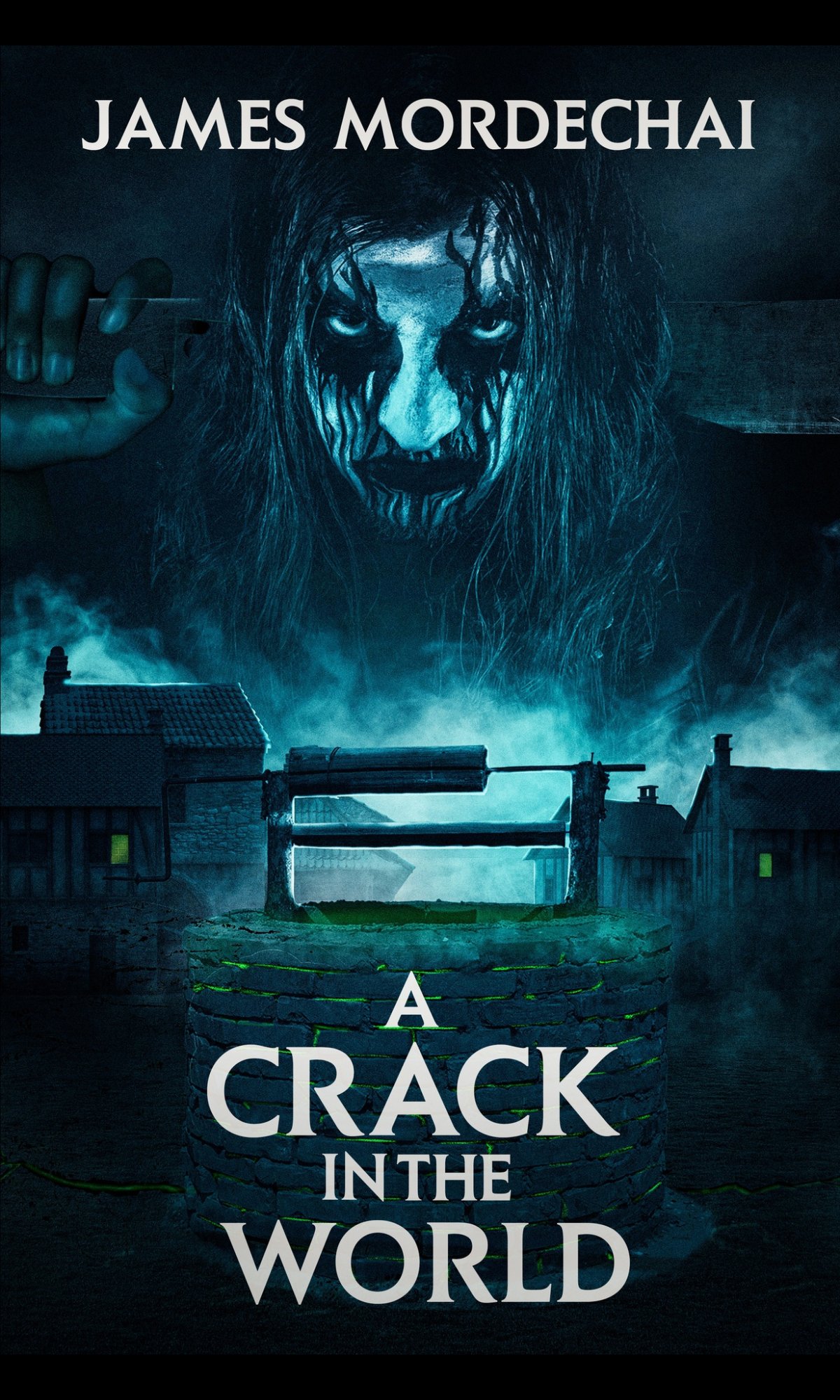
UNEXPECTED TWISTS:
Yes, yes, yes, we do have some nicely planted unexpected twist towards the end of the story and I myself must admit I didn’t see it coming. This refers to a particular secondary character of great importance in the plot. But you will have to pick up the book to find out more!
NEGATIVES:
The only real issue I had, overall, was the insertion of Amilcare Marcotti’s personal journal from 1941 during his expedition in Africa. This is found around the end of Act 2 (?) and to me all it does is disrupt the nice pace of the story thus far, by taking a time out from our main characters and info-dumping about things we pretty much already learned from Giino himself. I know the author has disagreed on this:
“I disagree. The two stories intertwined until the very end. Without it you would miss a lot of context. It’s a story that revolves around the relationship between father and son across space and time. You will see when you read the end.”
Well, I’ve read the end and I still feel those entries from babbo’s journal (babbo = dad) were unnecessary and everything that was achieved could have been achieved just fine without disrupting the overall pace. Maybe it could have been included as a prologue and perhaps it wouldn’t have felt so out of place – for me personally, at least.
CONCLUSIONS:
If you enjoy occult-based stories that truly respect the history and lore rather than merely offer a pure fantasy trope, this book is for you. In addition, the level of professionalism, editing, and proofreading is outstanding; way above the current indie standards. The synergy between the two main characters is engaging, entertaining, filled with humor but with good balance too, never going into those MCU-level jokes we’ve all come to roll our eyes to. There are some good twists and turns to satisfy even the most demanding of readers. My only complaint is the addition of Gino’s father’s journal ¾ of the way in, which really doesn’t add much to what we already learn from Gino in relation to his father’s role in all this. But again, that is MY take on it. You should grab a copy, read it, and get back to me with your personal opinion.
All in all, job well done. This is how you put indies on the map.
🦀


